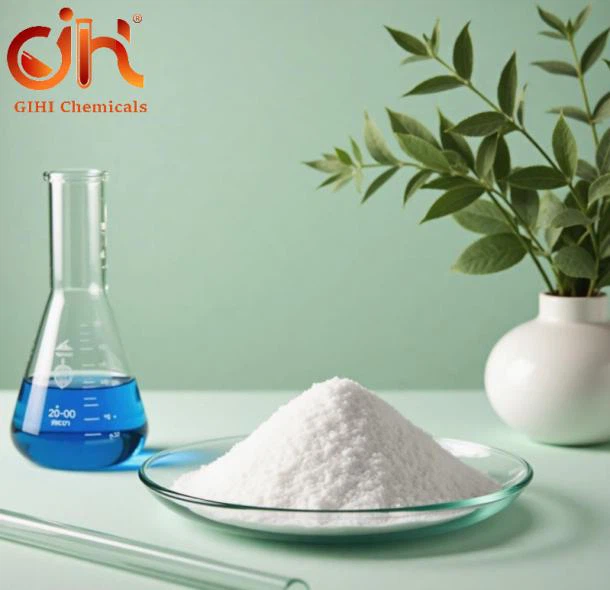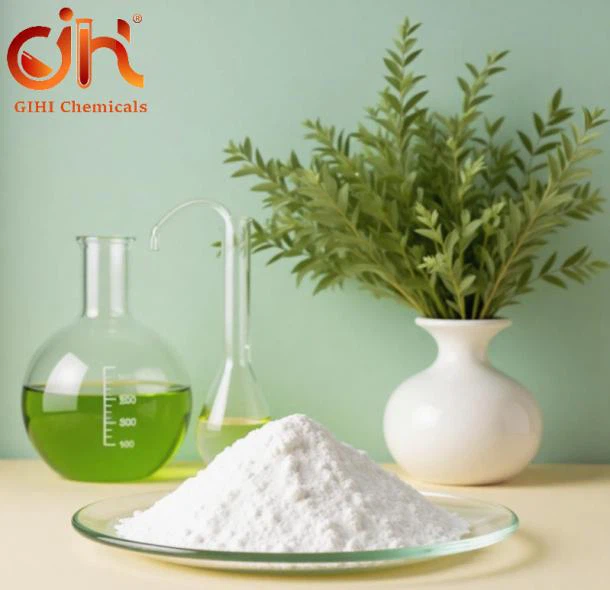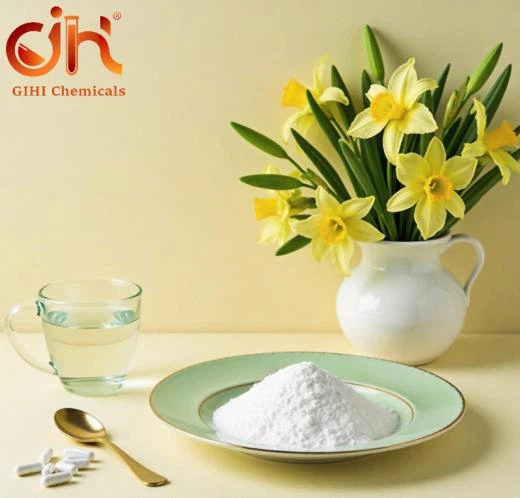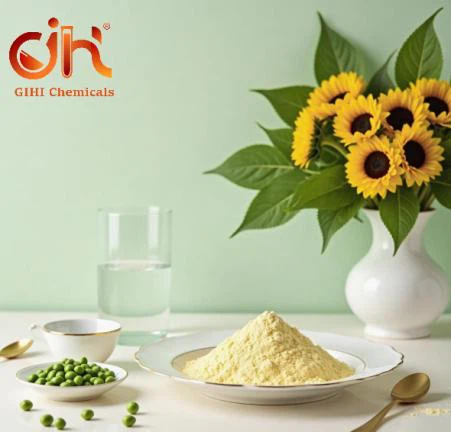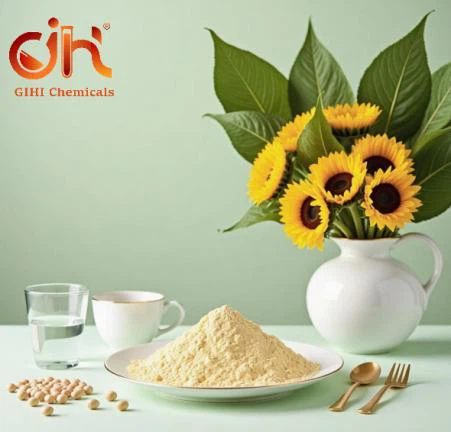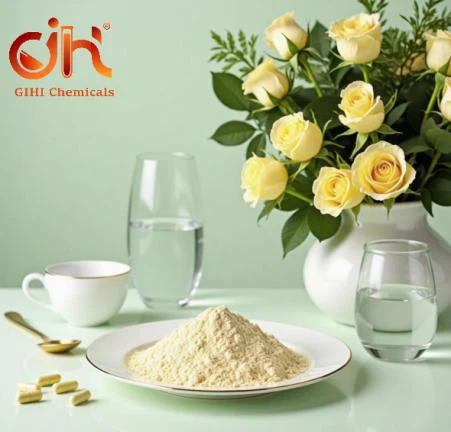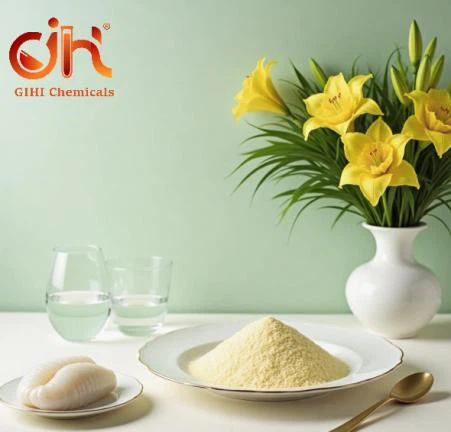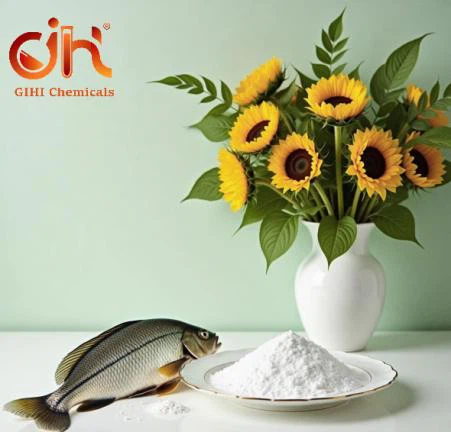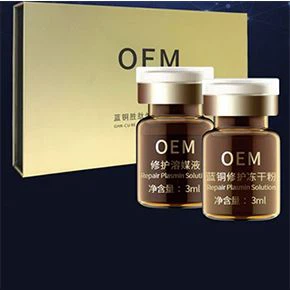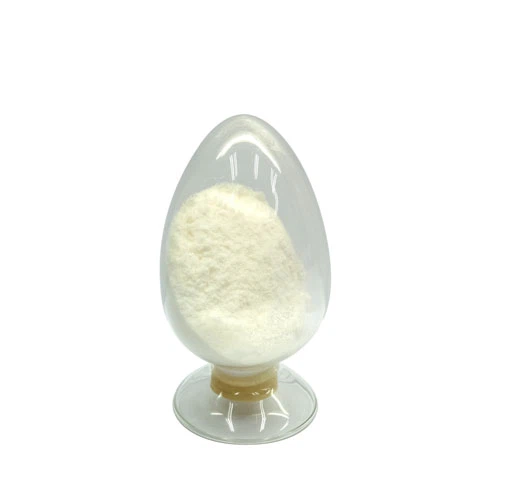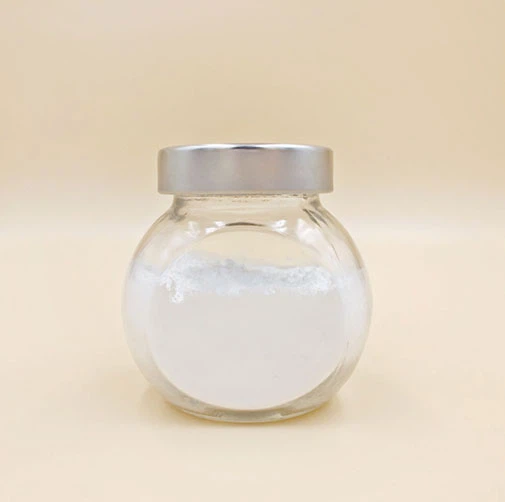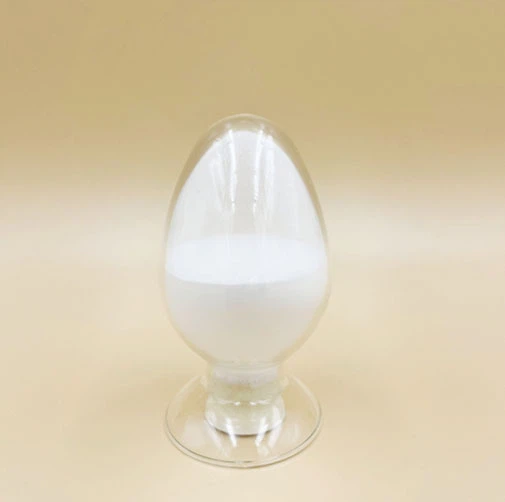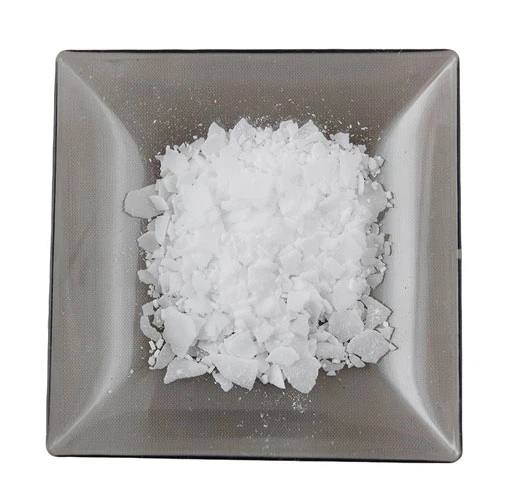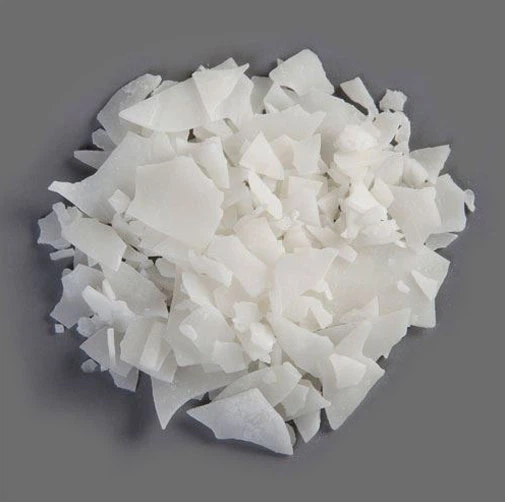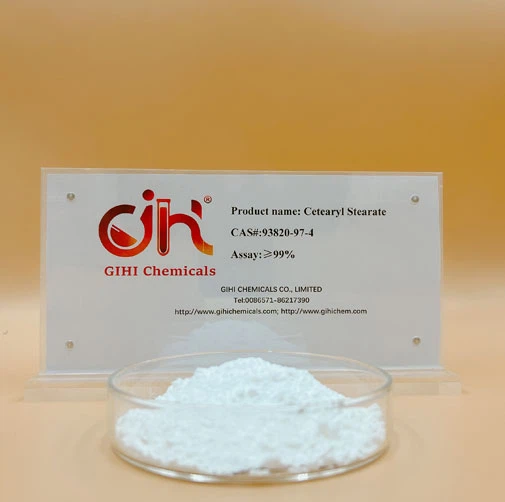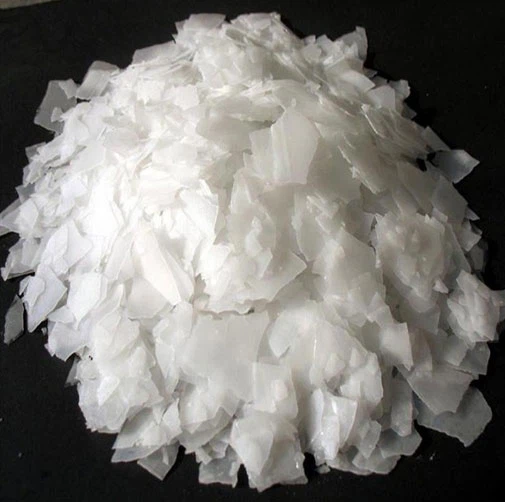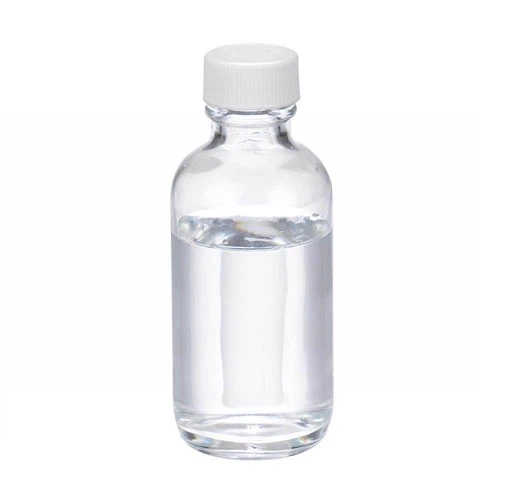
I. Introduction to Phosphatidylserine (PS)
Phosphatidylserine (CAS 51446-62-9) is a phospholipid naturally present in cell membranes (especially brain cells), accounting for about 15% of the total phospholipids in the human brain. With age, the level of PS in the body decreases significantly (about 0.5% per year after the age of 40), which has prompted the scientific community to conduct in-depth research on its exogenous supplementation [1].
II. Mechanism of Action: Triple Targeted Brain Protection
1.Regulation of Cell Membrane Fluidity
PS enhances the fluidity of neuronal cell membranes (increases by 15-20%) and promotes the release efficiency of neurotransmitters (such as acetylcholine and dopamine), and clinically shows that it can improve synaptic plasticity [2].
2.Stress Hormone Regulation
Randomized controlled trials have confirmed that daily supplementation of 300 mg of PS can reduce cortisol levels by 30% and significantly alleviate stress responses (p < 0.01) [3].
3.Maintenance of Mitochondrial Function
Animal experiments have shown that PS supplementation increases brain cell ATP production by 22% and delays neuronal aging by activating the AMPK pathway[4].
III. Phosphatidylserine (PS) Empirical Efficacy:
1.Cognitive Enhancement
Meta-analysis showed (12 RCTs included) that supplementing with 100-400 mg/day of PS for 12 consecutive weeks can improve memory test scores by 20% and extend concentration time by 35%[5].
2.Sports Recovery
A study of athletes found that the muscle soreness index in the PS group was 42% lower than that in the placebo group, and the maximum oxygen uptake was increased by 11% (Journal of the International Society of Sports Nutrition, 2023).
3.Emotional Management
In a double-blind trial, the improvement rate of the depression scale (HAMD) score reached 47%, and the mechanism of action was related to the regulation of 5-HT1A receptor sensitivity[6].
IV. Scientific Selection Recommendations
PS from soybean or sunflower seeds (purity ≥50%) is preferred, and the clinical safe dose is 100-400 mg/day. The US FDA has certified PS as GRAS (Generally Recognized as Safe), and the EU EFSA has approved its health claim of improving cognition (ID 1361) [7].
References
[1] Glade MJ, et al. Nutrition. 2016;32(6):589-99.
[2] Kato-Kataoka A, et al. J Clin Biochem Nutr. 2010;47(3):246-55.
[3] Hellhammer J, et al. Nutr Neurosci. 2004;7(3):151-6.
[4] Zhang Y, et al. Aging Cell. 2021;20(5):e13358.
[5] Richter Y, et al. J Clin Biochem Nutr. 2013;53(3):149-54.
[6] Komori T, et al. Neuropsychobiology. 2015;71(4):219-23.
[7] EFSA Journal 2011;9(7):2216.
Disclaimer: The above texts are all from scientific research literature and the Internet and have not been evaluated by national authoritative agencies. This article is not intended to diagnose, treat, cure or prevent any disease. If there is any infringement or misunderstanding, please contact us to delete it. Thank you.




